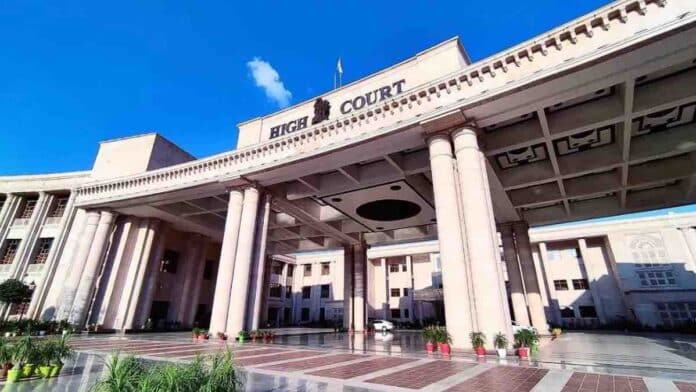In a significant ruling, the Lucknow Bench of the Allahabad High Court has partially set aside a trial court’s order rejecting an accused’s request to summon certain police personnel as defense witnesses in a murder case linked to an incident at Somu Dhaba in Raebareli. The High Court, while allowing the summoning of three specific
To Read More Please Subscribe to VIP Membership for Unlimited Access to All the Articles, Download Available Copies of Judgments/Order, Acess to Central/State Bare Acts, Advertisement Free Content, Access to More than 4000 Legal Drafts( Readymade Editable Formats of Suits, Petitions, Writs, Legal Notices, Divorce Petitions, 138 Notices, Bail Applications etc.) in Hindi and English.




